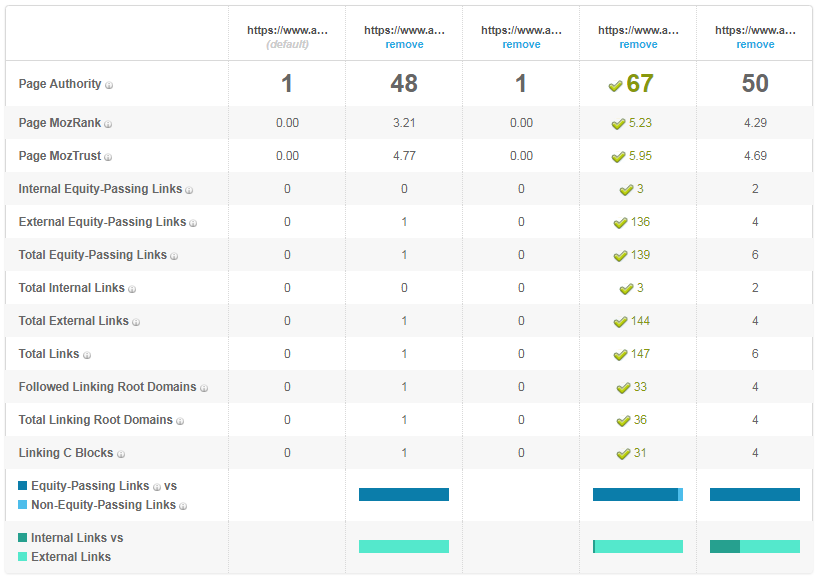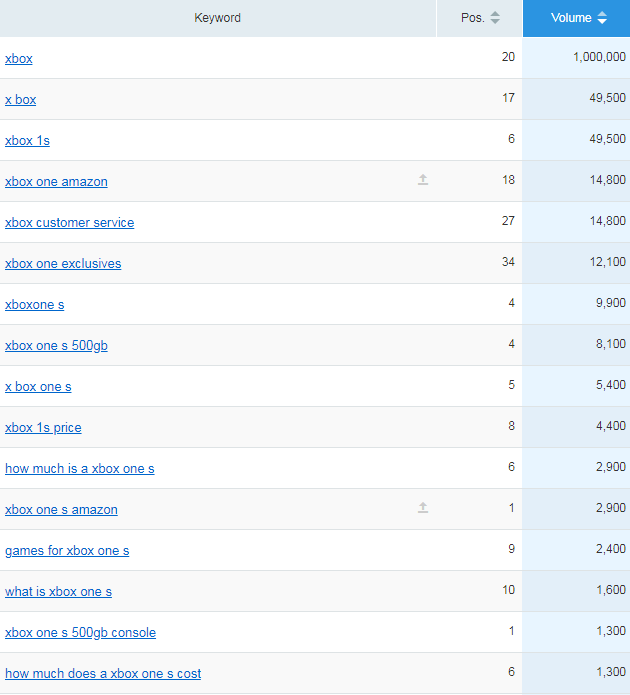Optimizing Amazon Product Pages for Google Organic Search
by Anvil on March 21, 2018Amazon ShoppingThere is little discussion surrounding how to get Amazon product pages to rank organically in Google. The following is an exploration of how to approach a secondary strategy of ranking in Google while not compromising Amazon’s internal organic best practices:
Google Indexes Amazon Product Pages
Though you have little control over whether your product pages are found by GoogleBot as a third-party seller, Amazon does allow the pages to be crawled. To increase the chance of GoogleBot finding your product pages, place the link on another indexed site (i.e. your own domain). Since it’s best practice to nofollow affiliate links, ensure that the link you have placed for the crawler to find isn’t one.
While the nofollow and noindex directives appear amongst the meta data on Amazon product pages, these are actually isolated to “API-enabled iframes” where the inline ads live.
Amazon Headings and Google
While headings play a large part in how crawlers read and understand webpages, third-party sellers have minimal control over heading content and structure on Amazon product pages. While the H1 is the product title and, therefore, you can manipulate the content, you want to follow best practices for ranking for Amazon’s own algorithm A9 first and foremost. The silver lining is that primary keywords towards the beginning is a best practice that Amazon product titles and Google H1s share. Best practice for H1 length tends to fall between 20-70 characters while Amazon allows for a max of 250 characters for an Amazon product title.
Amazon’s Auto-Generated Meta Data and Google
Since Amazon will autogenerate the title tag and meta description from the product title so there is limited control you have over this. However, with the recent update to the length of meta descriptions (potentially up to 300 characters), it’s far more likely that the meta description snippet that Amazon will autogenerate won’t be cut off in the SERP. However, the title tag (which Google prefers under 70 characters) will most likely not fit in the SERP without severely truncating your page title and losing valuable keywords for Amazon’s internal algorithm.
As seen below the title tag and meta description are generated with:
Amazon.com: <insert Product Title> : Product Category

Amazon Domain and Page Authority and Google
Amazon has Domain Authority of 97 according to Moz. Product Pages start with a Page Authority score of 1. In order to build this score and increase the chance of your individual product pages ranking organically in Google, equity passing links need to be built. Of course, the majority of links floating around leading to product pages are affiliate links. And these should be nofollow. Google is likely to penalize (especially high numbers) affiliate links that attempt to pass equity. Your link-building campaign for Google should be separate and focus on “do follow” links from non-affiliate, high authority sources.

Amazon Keyword Stuffing on the Backend and Google
Prior to Google cracking down on many black-hat methods for manipulating the algorithm, keyword stuffing was rampant, which let low quality content rise to the top of the SERPs. However, these days keyword stuffing is good way to throw your search visibility out the door.
Amazon, however, allows and even encourages keyword stuffing on the backend. These backend keywords won’t impact the user experience, but will help the Product Page rank internally for keywords not listed in the title, bullets, or description. Thankfully, if trying to also rank for Google search, GoogleBot won’t see this keyword stuffing and will only crawl the content from the same page the user sees.
Potential Value of Amazon Product Pages Ranking in Google
Below is an example of a popular product page ranking for relevant high volume keywords (source = SEMrush) including ones without Amazon as a keyword modifier.

These queries (especially those with the Amazon modifier) have valuable purchase intent. While ranking internally for Amazon should be the primary goal for Amazon Product Pages, it could be useful to attempt to make these pages “Google-friendly” as well.
Anvil offers both organic Google and Amazon optimization services: read more about them here!
